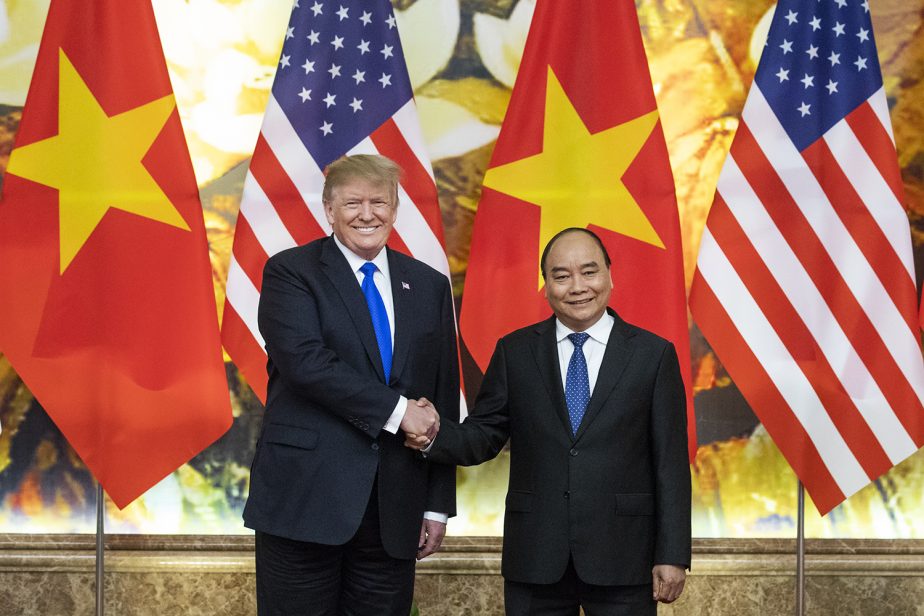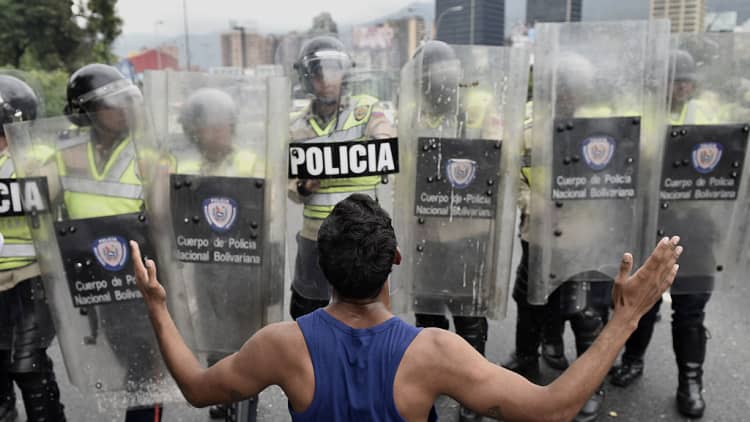KRW/USD Outlook: Assessing The Effects Of Currency Manipulation Claims

Table of Contents
Understanding the Claims of Currency Manipulation
Defining Currency Manipulation
Currency manipulation, in the context of international trade, refers to actions taken by a country's government or central bank to artificially influence its exchange rate. This often involves interventions aimed at keeping the currency undervalued to boost exports and improve the country's trade balance. Such actions can violate international trade agreements if they are deemed unfair or detrimental to other nations.
- Methods of Manipulation: Governments might use direct intervention, buying or selling their currency in the foreign exchange market to influence its value. Indirect methods include manipulating interest rates or controlling capital flows.
- IMF Criteria: The International Monetary Fund (IMF) assesses potential currency manipulation based on criteria such as a large current account surplus, persistent intervention in the foreign exchange market, and a significant accumulation of foreign exchange reserves.
- Accusations against South Korea: While South Korea hasn't faced widespread, consistent accusations of outright currency manipulation recently, periods of intervention to manage the KRW's value have drawn scrutiny in the past. Transparency and clear communication regarding the government's forex market interventions are vital in mitigating such concerns.
Impact on KRW/USD Exchange Rate
Short-Term Volatility
Accusations of currency manipulation, regardless of their validity, can significantly impact the KRW/USD exchange rate in the short term. News reports and speculation surrounding such claims create market uncertainty.
- Market Reactions: The immediate market reaction often involves increased volatility. If manipulation is suspected, investors might reduce their holdings of the KRW, leading to a weakening of the Won against the Dollar.
- Investor Sentiment: Negative sentiment can quickly spread, further exacerbating the downward pressure on the KRW. Speculative trading based on these reports can amplify the short-term volatility.
- Hedging Strategies: Businesses involved in international trade often employ hedging strategies (like forward contracts or options) to protect themselves against these sudden fluctuations in the KRW/USD exchange rate.
Long-Term Implications for the KRW/USD Outlook
Economic Consequences
Allegations of currency manipulation, even if unsubstantiated, can have significant long-term economic consequences for South Korea and the KRW/USD outlook.
- Foreign Investment Flows: Concerns about manipulation can deter foreign investment, impacting economic growth. Investors might perceive a higher risk associated with investing in a country suspected of manipulating its currency.
- Trade Balances and Competitiveness: While a weaker Won might initially boost exports, long-term effects could be negative. Retaliatory measures from trading partners or damage to reputation could offset any initial gains.
- Inflation and Interest Rates: Monetary policy responses to currency fluctuations can affect inflation and interest rates, influencing the overall macroeconomic environment and impacting the KRW/USD exchange rate.
Strategies for Navigating the KRW/USD Market
Risk Management Techniques
Navigating the KRW/USD market amidst uncertainty requires effective risk management strategies.
- Diversification: Diversifying investment portfolios across different asset classes and currencies reduces the impact of KRW/USD volatility.
- Hedging: Utilizing hedging instruments, such as forward contracts or options, helps mitigate potential losses from unfavorable exchange rate movements.
- Fundamental and Technical Analysis: Employing both fundamental analysis (assessing economic factors) and technical analysis (studying price charts and trends) enables more informed trading decisions.
Conclusion
The KRW/USD outlook remains significantly influenced by the ongoing discussions surrounding currency manipulation. While direct evidence of manipulation may be lacking, the mere existence of these claims creates volatility and uncertainty in the forex market. Understanding the potential implications of these accusations, both short-term and long-term, is crucial for investors. To effectively navigate the complexities of the KRW/USD market, stay informed about the exchange rate and related news, continuously monitor market developments, and adapt your trading strategies accordingly. Successful investment and risk management in the KRW/USD market require a comprehensive understanding of the factors influencing the Won-Dollar exchange rate.

Featured Posts
-
 Manchester Hosts Eurovision A Comprehensive Guide For Attendees
Apr 25, 2025
Manchester Hosts Eurovision A Comprehensive Guide For Attendees
Apr 25, 2025 -
 How Trumps Presidency Will Impact Mark Zuckerberg And Meta
Apr 25, 2025
How Trumps Presidency Will Impact Mark Zuckerberg And Meta
Apr 25, 2025 -
 Best European Shopping 10 Unmissable Experiences
Apr 25, 2025
Best European Shopping 10 Unmissable Experiences
Apr 25, 2025 -
 Goldman Sachs Comparing Labor And Opposition Fiscal Plans In Australia
Apr 25, 2025
Goldman Sachs Comparing Labor And Opposition Fiscal Plans In Australia
Apr 25, 2025 -
 Boosting Business Conference Networking With Rented I Pads
Apr 25, 2025
Boosting Business Conference Networking With Rented I Pads
Apr 25, 2025
Latest Posts
-
 Data Breach Nhs Staff Allegedly Accessed Nottingham Stabbing Victim Records Illegally
May 10, 2025
Data Breach Nhs Staff Allegedly Accessed Nottingham Stabbing Victim Records Illegally
May 10, 2025 -
 Wynne And Joanna All At Sea Book Review And Discussion
May 10, 2025
Wynne And Joanna All At Sea Book Review And Discussion
May 10, 2025 -
 Dispute On Bbc Show Joanna Page Vs Wynne Evans
May 10, 2025
Dispute On Bbc Show Joanna Page Vs Wynne Evans
May 10, 2025 -
 Exploring The Themes In Wynne And Joanna All At Sea
May 10, 2025
Exploring The Themes In Wynne And Joanna All At Sea
May 10, 2025 -
 Joanna Page Accuses Wynne Evans Of Trying Too Hard On Bbc Show
May 10, 2025
Joanna Page Accuses Wynne Evans Of Trying Too Hard On Bbc Show
May 10, 2025
